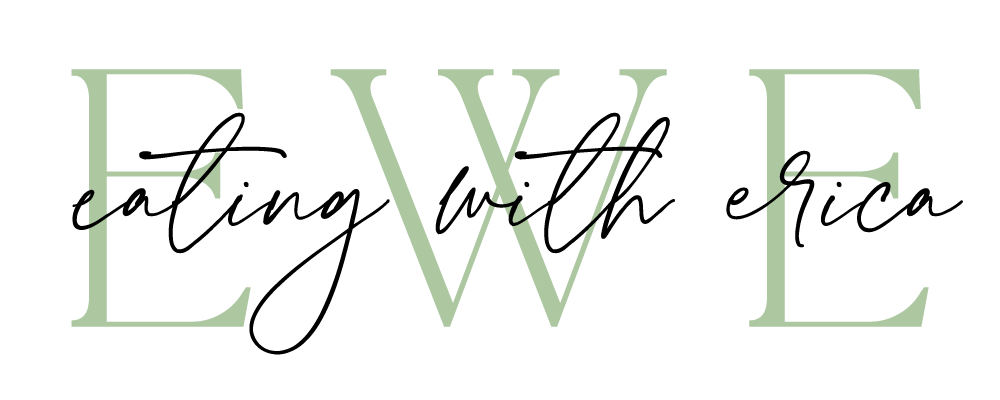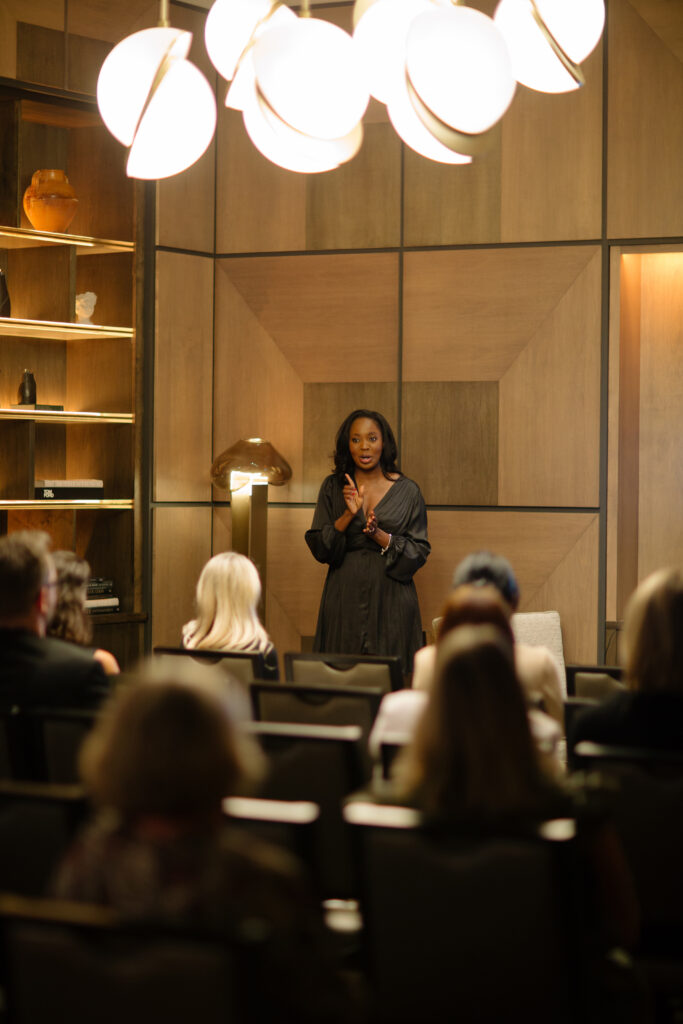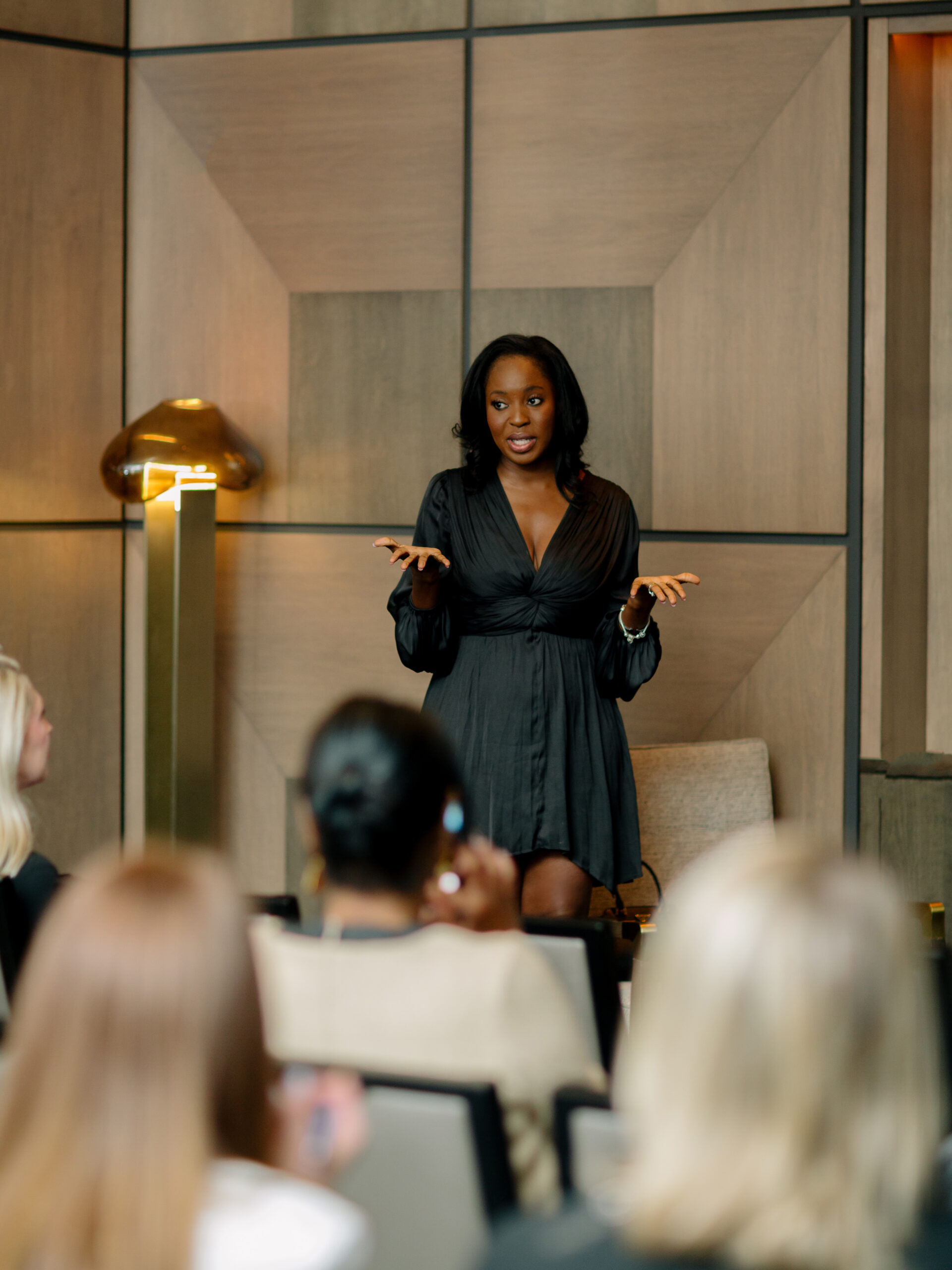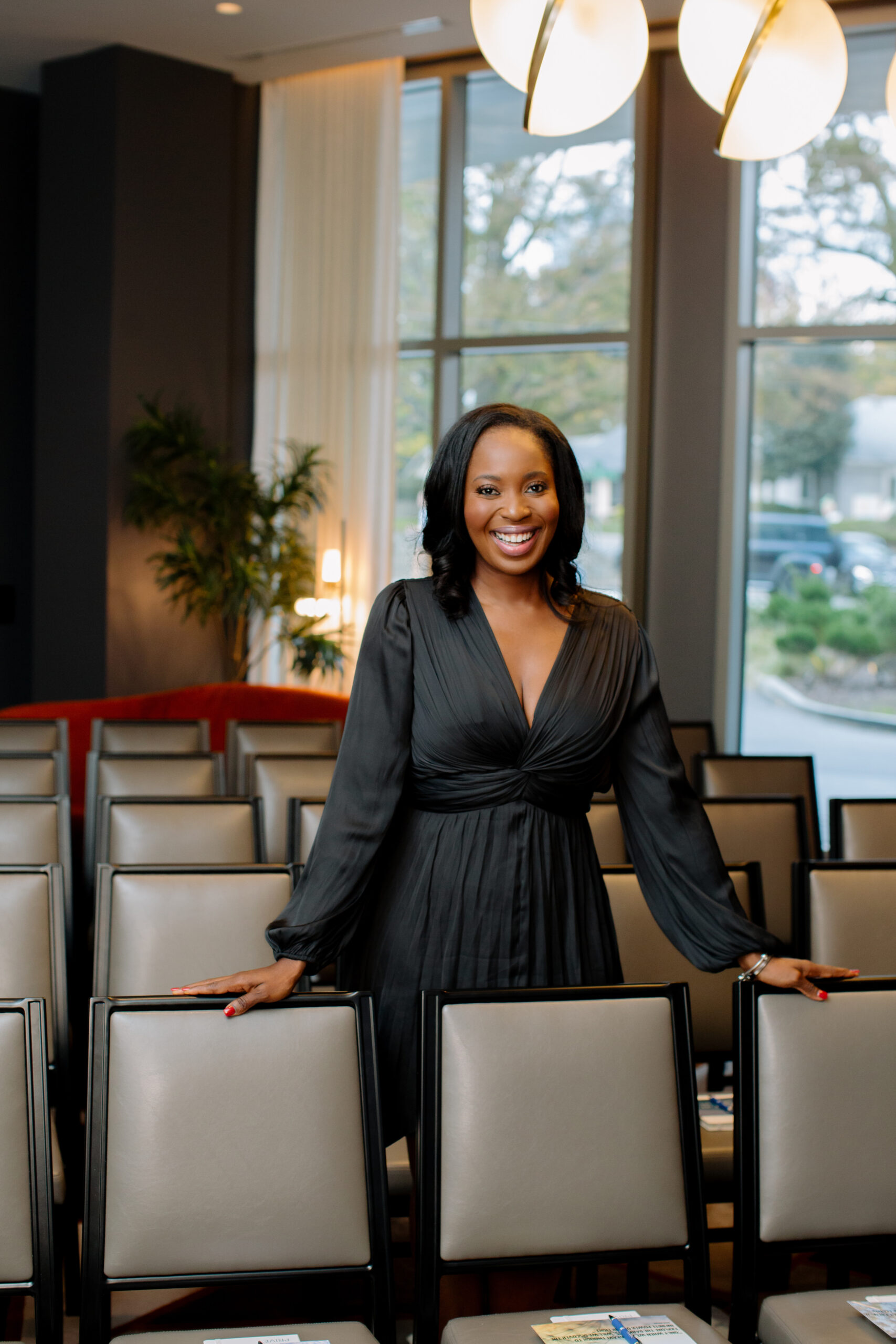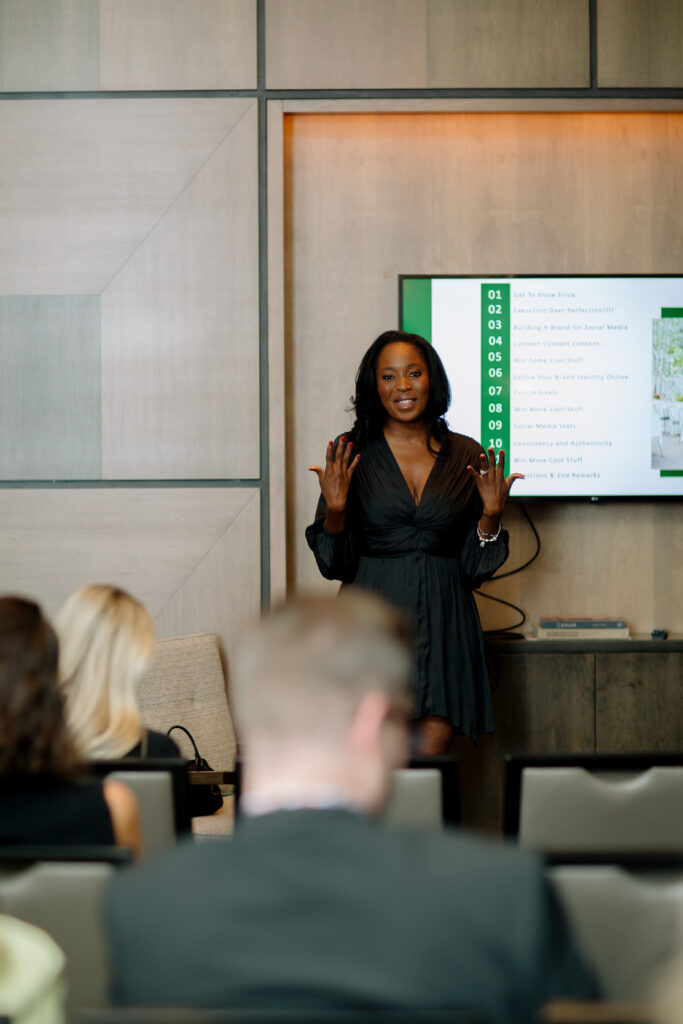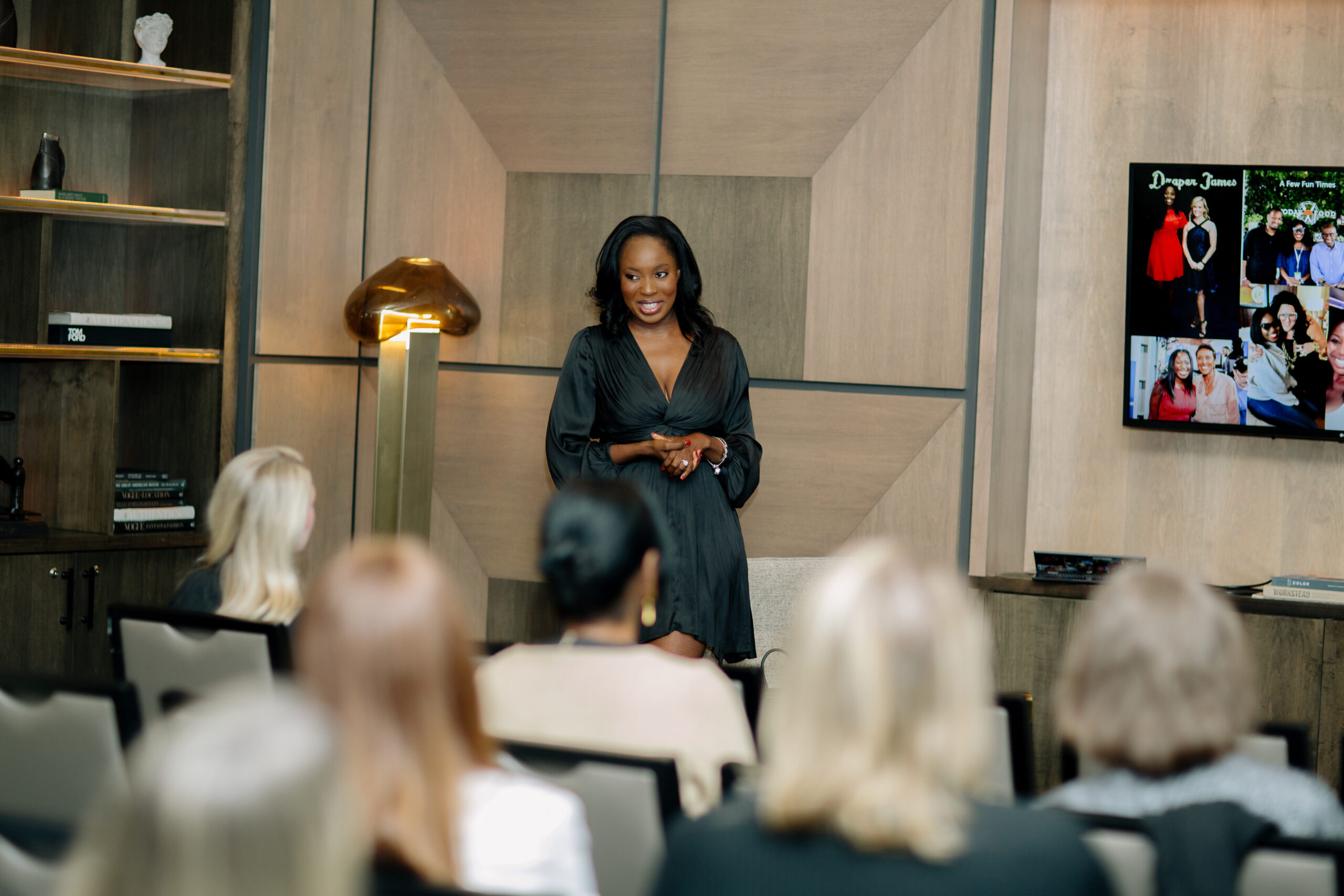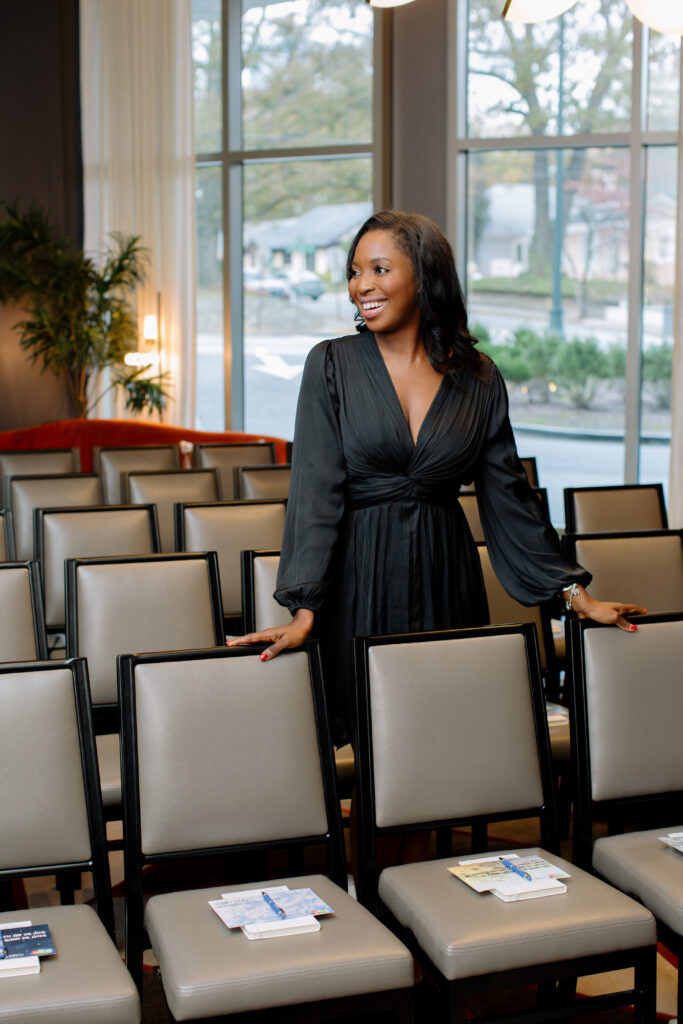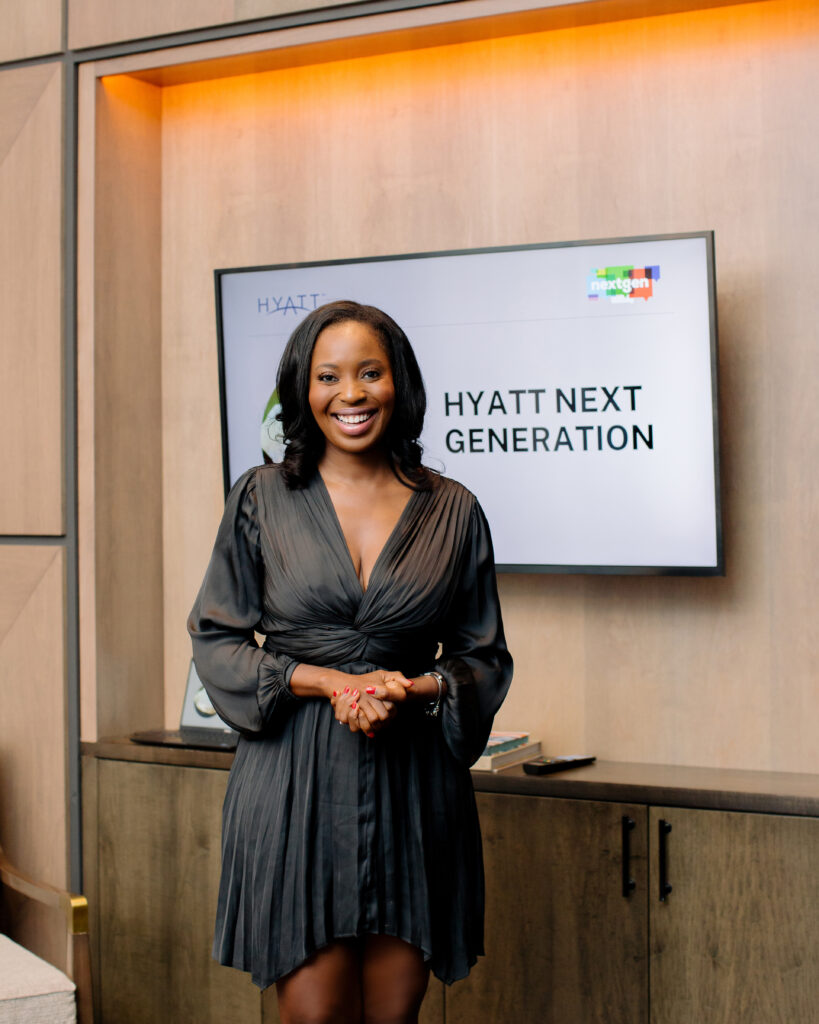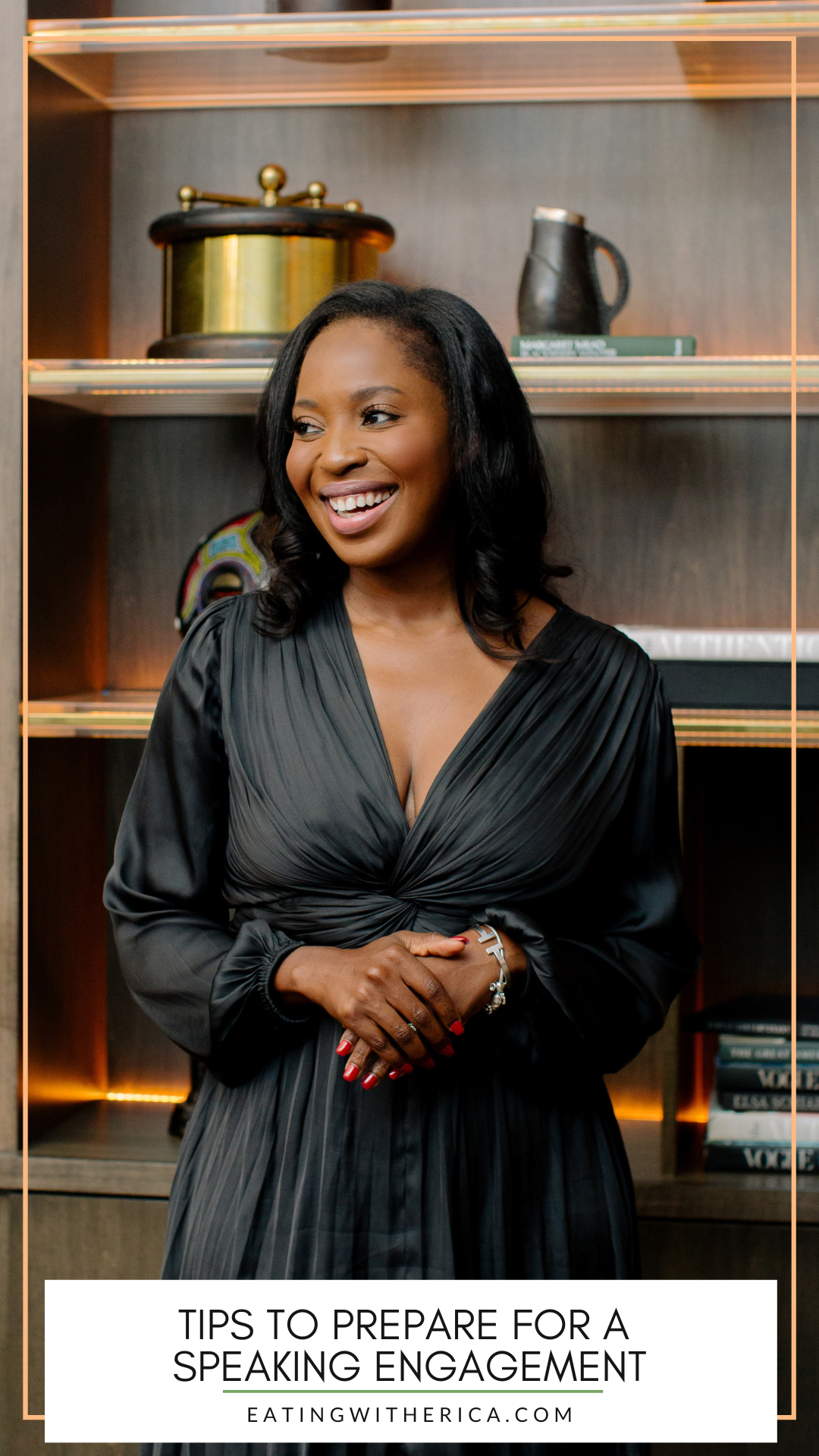Tips To Prepare For A Speaking Engagement
Not too long ago I was asked to speak at the Hyatt Next Generation when they had their integral NextGen Event in the Americas- where I spoke about Digital Gastronomy and Crafting Your Brands Success Through Social Media. I have to admit I was so excited about this opportunity but also I’d be lying if I didn’t say I was nervous as well. But after a bunch of self reflection- I remembered I got this and you can too! Keep reading to see my top tips to prepare for a speaking engagement.
When it comes to preparing for a speaking engagement is crucial for delivering a confident and effective presentation. It is super easy to get in your head and start doubting yourself- trust me we have all been there. Below are some tips to help you prepare for a speaking engagement like a boss.
My Top Tips to Help You Prepare For A Speaking Engagement
Know Your Audience // Understand who your audience is, their interests, and their level of familiarity with the topic. Tailor your content, language, and examples to resonate with them.
Define Your Purpose // Clearly articulate the purpose of your presentation. Know what you want your audience to take away from your talk. Whether it’s to inform, persuade, inspire, or entertain, having a clear objective will guide your preparation.
Organize Your Content // Structure your presentation logically with a clear introduction, main points, and conclusion. Use a compelling opening to grab attention, follow with well-organized content, and end with a strong and memorable closing statement. I like to build my presentation using this format so you have an opening, the beefy content and then you end with a solid closing / memory or words of wisdom.
Practice, Practice, Practice // Rehearse your presentation multiple times. Practice in front of a mirror, record yourself, or present to friends or family to get feedback. This helps improve your delivery, boosts confidence, and ensures smooth transitions between points.
Familiarize Yourself with the Venue // If possible, visit the venue beforehand to familiarize yourself with the layout, equipment, and acoustics. Rehearse using any AV equipment you’ll be using during your presentation.
Use Visual Aids Effectively // If you plan to use slides or visual aids, ensure they enhance your message rather than distract. My biggest word of advice is DO NOT READ THE SLIDES. Keep visuals simple, with key points and visuals that support your spoken words. Practice your presentation with the visuals to ensure seamless integration.
Engage Your Audience // Plan for audience interaction or engagement. Pose questions, share anecdotes, or include interactive elements to keep your audience involved. Engaged audiences are more likely to retain information and find your presentation memorable.
Handle Q&A Sessions // Anticipate potential questions and prepare thoughtful answers. If you’re unsure about a question, don’t be afraid to say you’ll follow up later. Encourage questions from the audience to foster engagement. The more questions you get the more you can get very detailed, personable and share your honest thoughts. I love a good Q&A because I feel it really helps you drive points across and it shows they were super engaged with your content.
Manage Nervousness // Trust when I say this is easier said than done, for sure. However, feeling nervous is normal. Practice relaxation techniques, such as deep breathing, before your presentation. Focus on the message you want to convey rather than dwelling on anxiety.
Dress Appropriately // Choose attire that aligns with the formality of the event and makes you feel confident. Dressing appropriately contributes to a positive first impression. I personally always feel most confident in a dress, so I like to go for a professional dress look- it is my confidence outfit of choice. For some that might be a power suit, a blazer, etc- whatever it is – use it to help enhance your confidence.
Time Management // Practice your presentation within the allocated time. Be mindful of the schedule, and rehearse pacing to ensure you cover all essential points without rushing. This is major key especially depending on the level of the audience you are presenting too.
Gather Feedback // Seek feedback from peers, mentors, or trusted friends. Constructive feedback can help you refine your presentation and address any areas that may need improvement. I tend to do this often and have close friends and my husband be the ones to sound board off of and ask for feedback and honest thoughts. I have found it really helps me to stay on topic and make sure that it resonates with multiple levels of audiences.
Remember, effective preparation is the key to a successful speaking engagement. By utilizing some of my top tips, I am confidence that you’ll be better equipped to deliver a compelling and impactful presentation. Another word of advice is to take a deep breath, believe in yourself and remember YOU GOT THIS!
How do you prepare for a speaking engagement? What are some of your helpful tips? Let me know in the comments below…
